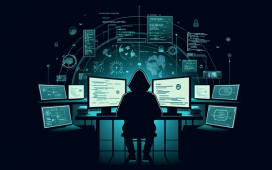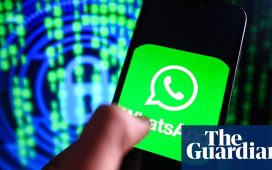“If President Trump has agreed to reverse recent sanctions against Huawei he has made a catastrophic mistake,’ tweeted leading Republican Senator Marco Rubio a few hours after the news broke on Saturday, June 29, that President Trump had signaled his intent to lift the outright ban on U.S. companies selling goods to the Chinese telecoms giant. “It will destroy the credibility of his administration’s warnings about the threat posed by the company, no one will ever again take them seriously.”
There was little detail when the U.S. president briefed the media after meeting Chinese President Xi Jinping in the margins of the G20 Summit in Osaka, Japan. Trump told reporters that “U.S. companies can sell their equipment to Huawei,” as long as its “equipment where there’s no great national security problem.” He suggested this was a “personal favor” to Xi.
“Huawei is one of few potent levers we have to make China play fair on trade,” complained Senate Democratic Leader Chuck Schumer. “If President Trump backs off, as it appears he is doing, it will dramatically undercut our ability to change China’s unfair trades practices.”
Trump had explained in his briefing that the concession made sense because the “incredible” technology Huawei needs is only available from the U.S. “A lot of people are surprised that we sell to Huawei a tremendous amount of products that go to various products they make,” he said, “and I said that is okay, we are going to continue selling those products. These are American companies producing those products. This is complex, highly scientific. We are the only one with the technology. I have agreed to allow them to continue selling the products.”
Rubio suggested that if that was the case, “if President Trump has, in fact, bargained away the recent restrictions on Huawei, then we will have to get those restrictions put back in place through legislation. And it will pass with a large veto-proof majority.”
The challenge for the president is that if Huawei is the national security threat painted by the U.S., it becomes something of a conundrum if the U.S. then agrees to sell it unique U.S. technology to enable it to continue. “By agreeing to weaken restrictions on Huawei,” wrote columnist Josh Rogin, “Trump not only undermined his own government, he undermined the entire argument Huawei is a real national security threat.”
In truth, there is little detail to suggest the extent to the blacklist relaxation, if any. And despite Huawei’s PR campaign tweeting, somewhat bullishly, “U-turn? Donald Trump suggests he would allow Huawei to once again purchase U.S. technology,” when I spoke to a Huawei spokesperson in Shenzhen, I was told the company was not offering any official comment for the time being.
There is also the question as to whether the reciprocal concessions China has offered can be trusted. “Trump was asked what he got in return,” tweeted Andrew deGrandpre from the Washington Post. “He said China agreed to purchase ‘tens of billions’ in U.S. farm products, but he has said this before and farmers have complained that no orders ever materialized.”
The consensus among analysts at day’s end is that any concessions will likely focus on Huawei’s smartphone business while continuing to restrict the 5G networking equipment that the U.S. has raised its national security concerns about. But whether this is restricted to hardware or includes software from the likes of Google and Facebook remains to be seen.
Trump described the meeting with Xi as “excellent,” adding that “we discussed a lot of things and we’re right back on track,” and telling reporters that there has been an agreement to press pause on further sanctions and tariffs and push for compromise.
Unsurprisingly, Xi’s comments were broadly similar, “China and the United States both benefit from cooperation and lose in confrontation,” he said. “Cooperation and dialogue are better than friction and confrontation.” But there was no substantive comment on Huawei.
For the time being the Chinese have made clear Huawei’s importance in any trade discussions and will now watch the political arguments intensify in the U.S. as to what should happen next.






